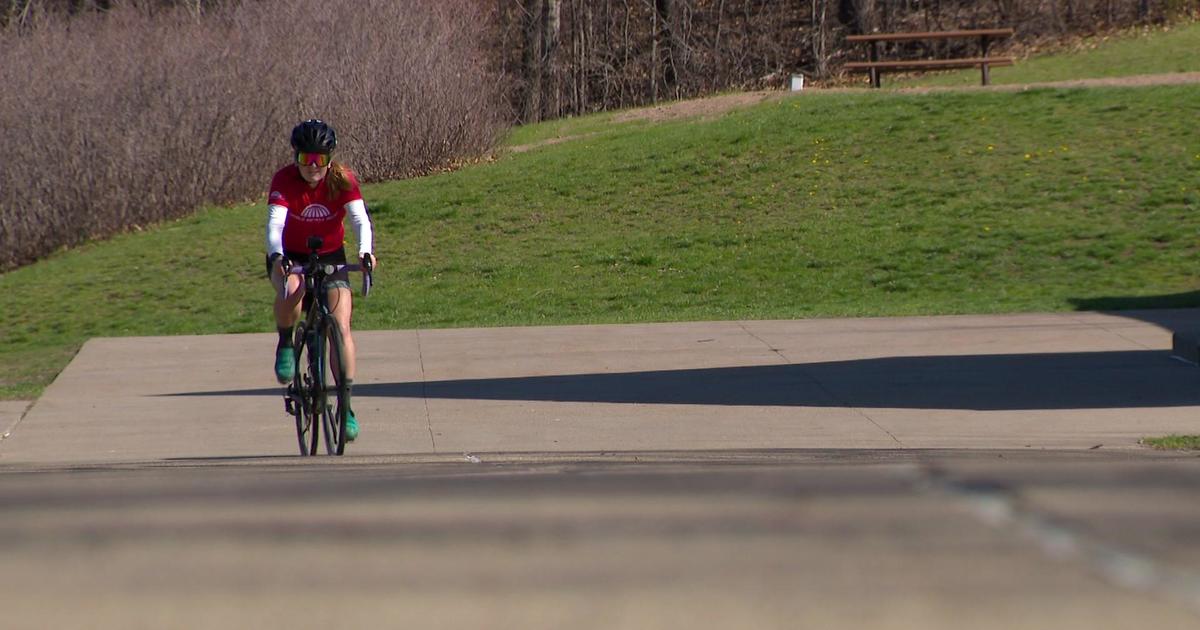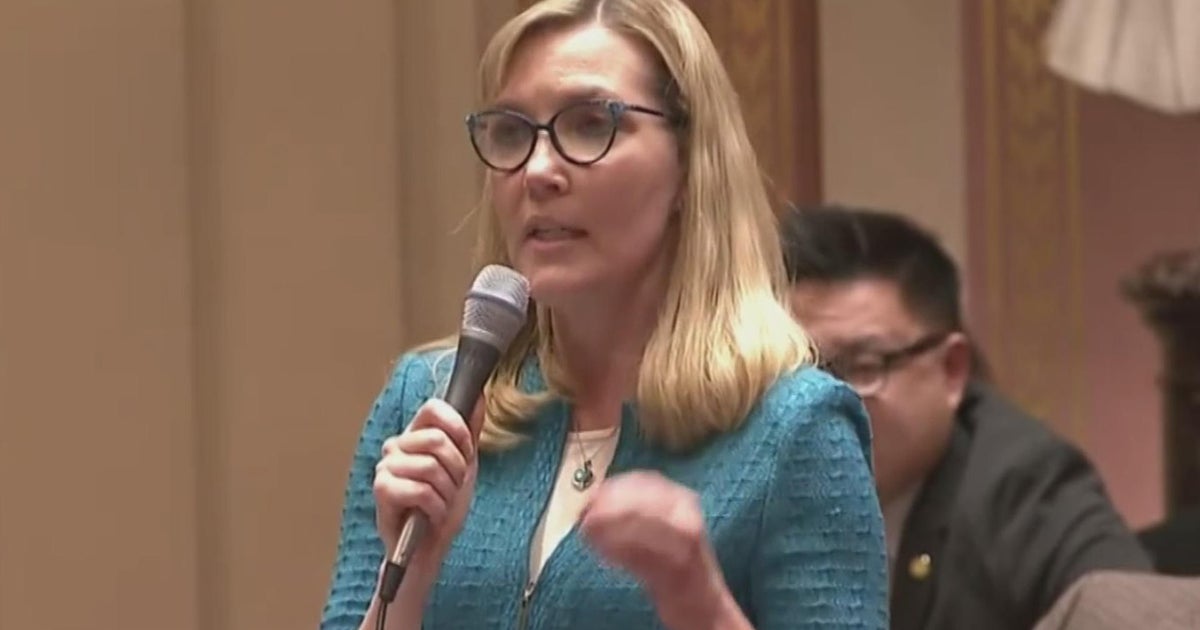After decades-long fight, state park land will be returned to Upper Sioux Community
GRANITE FALLS, Minn. — After 60 years as a state park, more than a thousand acres of land are being returned to the Upper Sioux Community near Granite Falls. It's something that tribal members have been pushing for — for decades.
WCCO's John Lauritsen talked with visitors and tribal leaders about what it means.
"We used to do a wagon train out here, once a year. Spent the whole day in the state park," said Orlen Torke, visitor.
Over the years, Torke spent countless hours kayaking, hiking and horseback riding at the Upper Sioux Agency State Park. It's why he chose to visit on the last day the park will be open to the public.
"This is the No. 1 park as far as I'm concerned. You'll never find another setting like this," said Torke.
Last year, lawmakers voted to give the property's 1,200 acres back to the Upper Sioux Community. It had been a state park since 1963, and had been become a popular destination in western Minnesota.
But for the Upper Sioux Community, this decision is long overdue. For them, the land is both historic and spiritual.
"It's been 160 years we've been waiting for this to change," said Kevin Jensvold, tribal chairman.
Jensvold said the fight to have the land returned actually goes back to the early 1860s. He said Dakota people starved to death on this land when the U.S. government failed to provide food promised in a treaty.
"The truth of this land and what is known to us is that this is a place of genocide and starvation," said Jensvold. "The profoundness of people having picnics at the same place where my ancestors died of starvation."
Because of that, Jensvold said the land will go back to being a sacred place for the Upper Sioux Community. In the meantime, the Minnesota Department of Natural Resources will spend the next few months removing buildings and looking for other recreational opportunities in the area.
"This is something that we think is the right thing to do," said Ann Pierce with the Minnesota DNR. "It probably should not have been a state park because of that history."
The park will be closed to the public beginning at 10 p.m. Thursday. The DNR said they are looking for other opportunities for outdoor enthusiasts, within a 40-mile area of the former state park.




